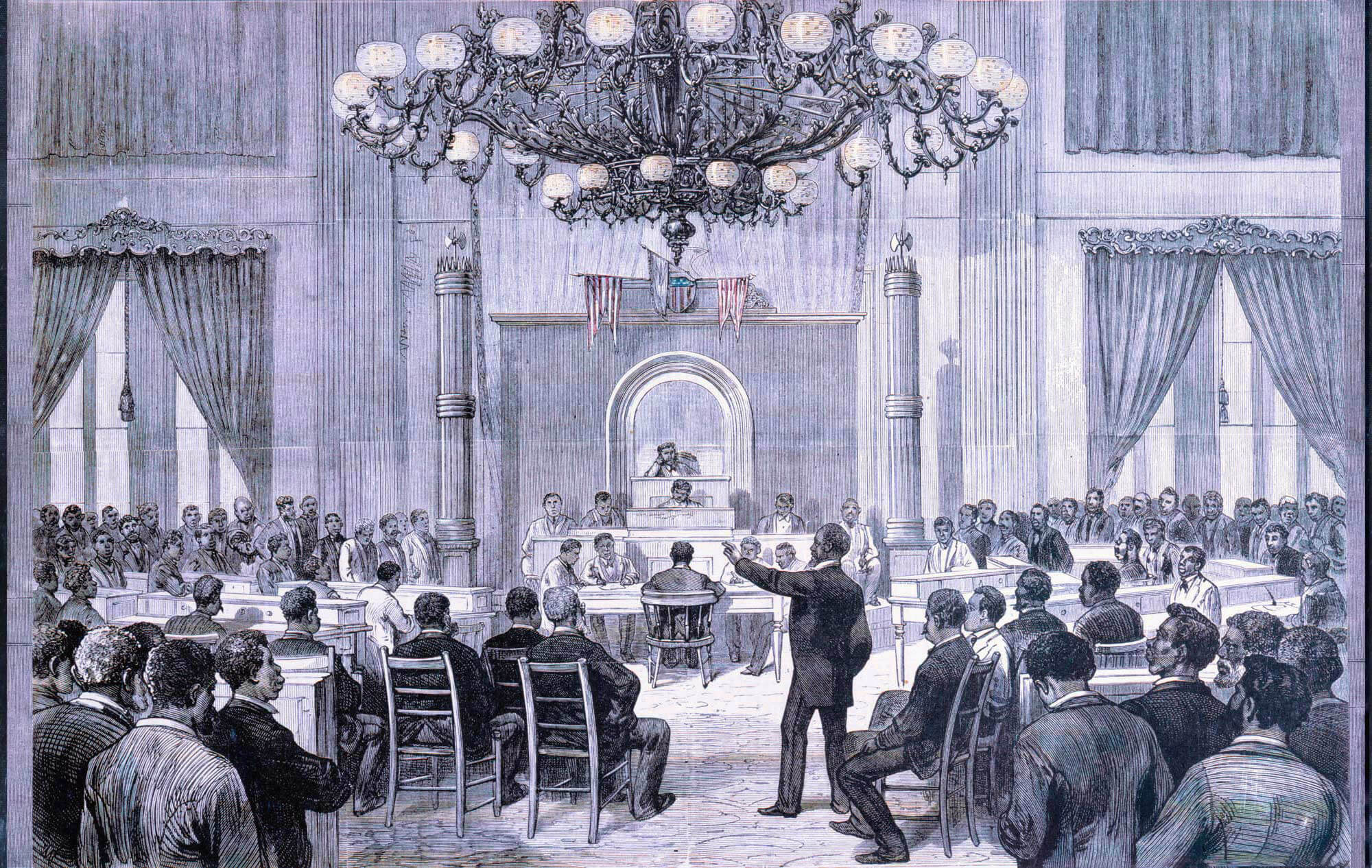We are happy to announce that Jonathan Jones, former Richards Center Postdoctoral Scholar, has been awarded the Anne Bailey Prize for 2021 for his dissertation, “Opium Slavery: Veterans and Addiction in the American Civil War Era.” The selection committee was chaired by Jane E. Schultz, Indiana University-Purdue University-Indianapolis, and included Kathryn Shively, Virginia Commonwealth University, and Andrew Lang, Mississippi State University. Jonathan’s dissertation Binghamton University was directed by Diane Miller Sommerville; the committee included Gerald Kutcher, Robert Parkinson, and cognate member Judy Giesberg of Villanova University. Jones is currently an assistant professor at the Virginia Military Institute.
This project offers an intervention in disability and medical studies by investigating drug protocols administered to sick and wounded soldiers to arrest pain during the Civil War and then by charting the consequences of those protocols in the long postwar period. In his research Jones finds an early opioid crisis that has never been recognized as such and that has crucial resonances with the 21st-century version of opioid overuse instigated by the pharmaceutical industry and an under-cautious medical establishment. It is not simply that Jones’s study of Civil War soldiers’ addictions has current sociomedical relevance, but in showing how addiction has been systemically and institutionally constructed, he provides a model and a cautionary tale about the perils of accusing veterans of moral weakness instead of the chemical dependency that was, in effect, perpetrated on them by 19th-century medical practitioners who were caught up in dangerous cycles of over-prescribing. In this sense, Jones has brought modern medical knowledge of the pharmacopoeia to bear on what he terms the first national “epidemic” of opioid abuse. Given the last two decades of scholarship on war memory, Jones notes the absence and thus the irony of the dearth of studies about wartime addiction. What separates Jones’s work from other recent studies is his deep immersion into surgical perspectives that redefined addiction as a psychological impairment and not a life choice in the wake of the Civil War. This research has the power to broaden understandings of today’s opioid crisis by contextualizing it in another historical period, and it opens the study of military trauma to wider inspection in the worlds of medicine and psychology. On its way to becoming an important monograph, “Opium Slavery” presents original scholarship based on an impressive and creative use of primary and secondary sources.

